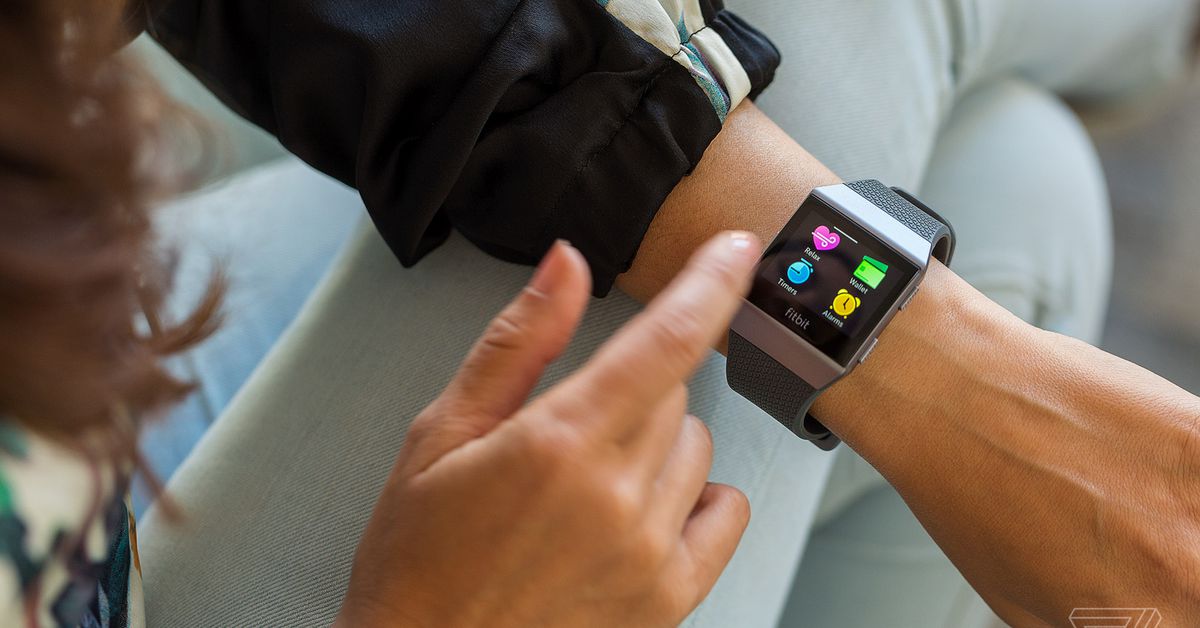Fitbit’s $12 Million Penalty: An In-Depth Look at the Ionic Burn Cases
Fitbit, a prominent name in the wearable technology industry, recently faced a significant legal and financial setback when it was ordered to pay a $12 million penalty. This substantial fine stems from alarming reports of its Ionic smartwatches causing burn injuries to at least 78 users. As the company grapples with this controversy, critical discussions about consumer safety and corporate responsibility in the realm of wearable devices have emerged.
Understanding the Ionic Burn Cases
The Ionic smartwatch, launched in 2017, was marketed as a multifaceted health and fitness tracker. However, reports began surfacing in 2021 about serious issues related to the device’s battery overheating. Users reported skin burns that varied in severity, leading to blisters and significant discomfort. The U.S. Consumer Product Safety Commission (CPSC) initiated an investigation after these reports, highlighting the potential dangers associated with defective products in the tech sector.
The findings of the investigation were alarming. Most notably, it was revealed that the battery issues were not isolated incidents but rather a systemic flaw in the design or manufacturing process of the Ionic smartwatches. This revelation raised questions about the company’s quality control measures and its commitment to consumer safety.
The Implications of the $12 Million Fine
In response to the investigations, Fitbit agreed to a $12 million settlement to address the claims. This penalty serves multiple purposes:
- Compensation for Affected Users: A portion of the fine will be allocated to compensate users who suffered injuries, providing them some relief after dealing with the consequences of the faulty devices.
- Deterrence for Future Negligence: The penalty is also a warning to Fitbit and other tech companies about the necessity of rigorous testing and quality assurance processes to ensure consumer safety.
- Reputation Management: The financial settlement, while significant, is an attempt by Fitbit to restore its reputation and rebuild trust with consumers who may be wary of its products after the incident.
The Broader Context of Consumer Safety in Wearable Technology
The Fitbit incident is not an isolated case. The rise in popularity of wearable technology has led to an increase in scrutiny regarding consumer safety. Many consumers assume that modern devices, especially those designed to monitor health, are safe and reliable. However, the reality is that the rapid pace of technological advancement often outstrips regulatory oversight.
Consider the following points:
- Regulatory Gaps: The wearable tech industry is still relatively young, and regulatory frameworks have struggled to keep pace with innovation. This can lead to products being released without thorough testing.
- Consumer Education: Users may not be fully aware of the potential risks associated with wearable devices. Companies have a responsibility to provide clear information about the safety and proper use of their products.
- Corporate Accountability: Companies like Fitbit must prioritize consumer safety over profits. The Ionic burn cases underline the importance of accountability in the tech industry.
Fitbit’s Response and Future Directions
In light of the controversy, Fitbit has taken steps to address the issues surrounding the Ionic smartwatch. The company has publicly stated its commitment to improving safety standards and ensuring that all products undergo rigorous testing before being brought to market. Additionally, Fitbit has initiated a recall of the affected devices to prevent further incidents.
Furthermore, Fitbit’s leadership must engage in transparent communication with its users. By acknowledging mistakes and outlining plans for improvement, the company can begin to rebuild trust among its consumer base. This approach is essential not only for the company’s reputation but also for the broader health of the wearable technology market.
The Importance of Consumer Awareness and Vigilance
As the controversy unfolds, it serves as a reminder for consumers to remain vigilant. Here are a few tips for users of wearable technology:
- Stay Informed: Keep up with news about product recalls and safety notices. Companies often issue updates about potential issues with their devices.
- Read Reviews: Before purchasing a wearable device, read user reviews and expert assessments to gauge reliability and safety.
- Report Issues: If you experience problems with a wearable device, report them to the manufacturer and relevant authorities. Consumer feedback is vital for improving product safety.
Looking Ahead: The Future of Wearable Technology
The $12 million penalty against Fitbit serves as a crucial turning point for the wearable technology industry. As consumers demand safer devices and greater accountability, companies will need to adapt. The future may see:
- Enhanced Safety Standards: Stricter regulations and safety standards will likely emerge as consumers and advocacy groups push for better protections.
- Innovative Technology: Companies may invest more in research and development to create safer, more efficient devices, ensuring that technology enhances health without compromising safety.
- Increased Transparency: Brands that prioritize transparency regarding product testing and safety protocols will likely gain consumer trust and loyalty.
Conclusion
The controversy surrounding Fitbit’s $12 million penalty sheds light on the critical issues of consumer safety and corporate responsibility in the wearable technology sector. As the industry evolves, it is essential for companies to prioritize user safety, implement rigorous testing protocols, and engage in transparent communication with their consumers. Ultimately, both manufacturers and users play vital roles in ensuring a safer future for wearable technology.
By learning from these incidents, the industry can move forward with a renewed commitment to quality and safety, paving the way for innovations that genuinely enhance our lives without compromising our well-being.
See more Future Tech Daily

